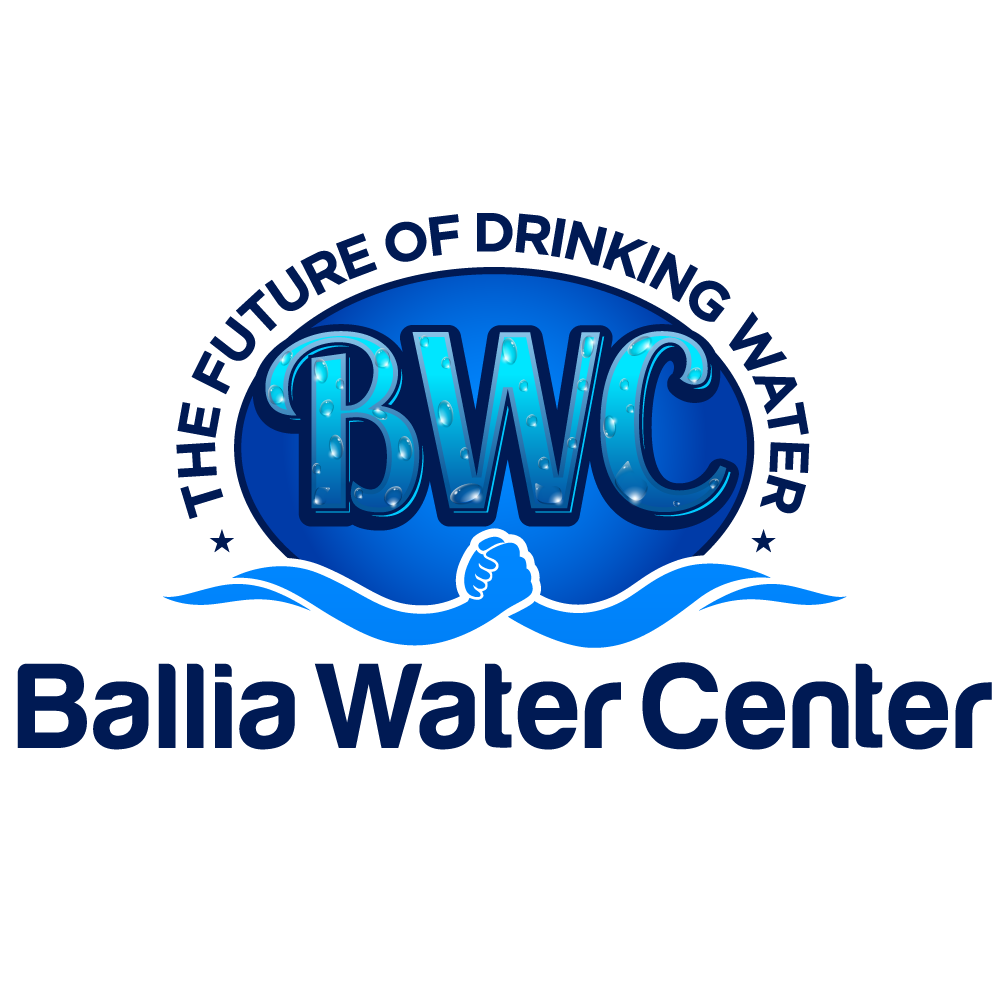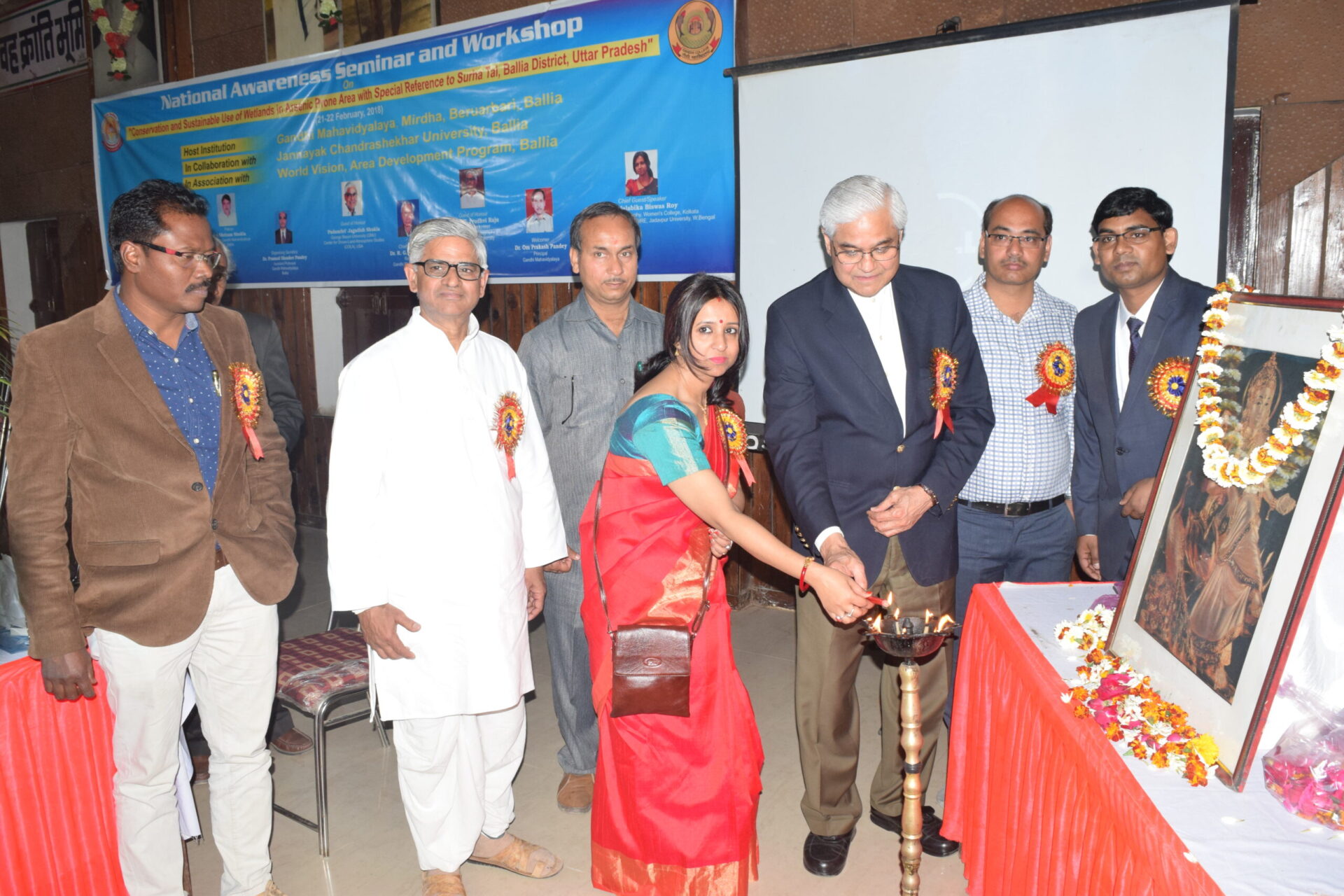To develop and implement new, more effective ways of delivering critically needed water-related services to villagers of all socioeconomic classes in the Ballia District, with an emphasis on providing access to safe drinking water and environmental stewardship.
In pursuit of its mission, the BWC
Informs families of available options for securing safe drinking water
Testing of water samples will be available on demand at BWC headquarters during business hours, and testing of wells in villages by BWC staff can be arranged. Test results will include arsenic and iron concentrations, pH, turbidity, TDS, etc. Test results will enable families to decide whether they need to take measures to secure safe drinking water. For the families that need to take action, the BWC staff can inform them of their mitigation options. Much of the background information can be provided online, in the prevailing local language, Hindi. Workshops will be conducted in villages with extensive water contamination.
Assists families and communities with the purchase, installation, and maintenance of filters
The Centre will maintain an inventory of relatively inexpensive domestic (household) filters with a capacity of about 20 liters per hour that will be available for purchase. The cost of purchase will include a setup fee and a two-year maintenance contract. In some densely populated villages with widespread water contamination, community-based filters might be a more cost-effective option than domestic filters. In these instances, the BWC will inform the villagers of available options and, upon request, will assist with the purchase, installation, and maintenance. It will also explore the possibility of assisting villagers to restore and maintain IIT/UP Jal Nigam filters that were used previously but have been abandoned.
Assists communities in planning and implementing water-related environmental restoration projects
Through its education and outreach activities, the Centre will promote conservation and environmental restoration projects such as rainwater harvesting, more limited use of irrigation water, chemical fertilizers, and pesticides, increasing the annual recharging of surface aquifers by slowing the rate of runoff, restoring ponds, protecting wetlands and lakes and streams from environmental degradation and the creation of a network of small forest reserves to provide habitat for birds wildlife. The Centre will work with local communities with an interest in environmental restoration projects in the design and implementation.
Conducts education and outreach activities
The Centre will undertake a variety of education and outreach activities, some at its headquarters and some arranged at sites in villages throughout the District in need of help with mitigation of water contamination. Presentations and workshops will include efforts to raise awareness of the hazards of drinking unsafe water, mitigation options for contaminated water, and local water-related environmental issues and how they might be addressed. The more generally applicable information will be available on its website both in English and in the prevalent local language, Hindi, in a poster format and BWC will also publish a magazine for disseminating important water-related information to villagers without web access.
Acquires and disseminates information on the quality of well water
The Centre will undertake a variety of education and outreach activities, some at its headquarters and some arranged at sites in villages throughout the District in need of help with mitigation of water contamination. Presentations and workshops will include efforts to raise awareness of the hazards of drinking unsafe water, mitigation options for contaminated water, and local water-related environmental issues and how they might be addressed. The more generally applicable information will be available on its website both in English and in the prevalent local language, Hindi, in a poster format and BWC will also publish a magazine for disseminating important water-related information to villagers without web access.
Collaborates with researchers
The Centre will collaborate with researchers with interests in water-related environmental and health issues in rural India. The Ballia District, with its dense rural population, high rate of poverty, widespread arsenic contamination in well water, and limited public health services relative to other parts of India, is an attractive field site for a wide range of research. Collaboration can take place in a variety of ways, including direct participation in fieldwork, performing water testing, looking after monitoring instrumentation installed by researchers during visits to Ballia, assembling a local staff for field programs on a short-term basis, arranging local transportation, and providing local contacts. Space permitting, the Centre’s small guest house can be used to provide living accommodations for visiting researchers.

